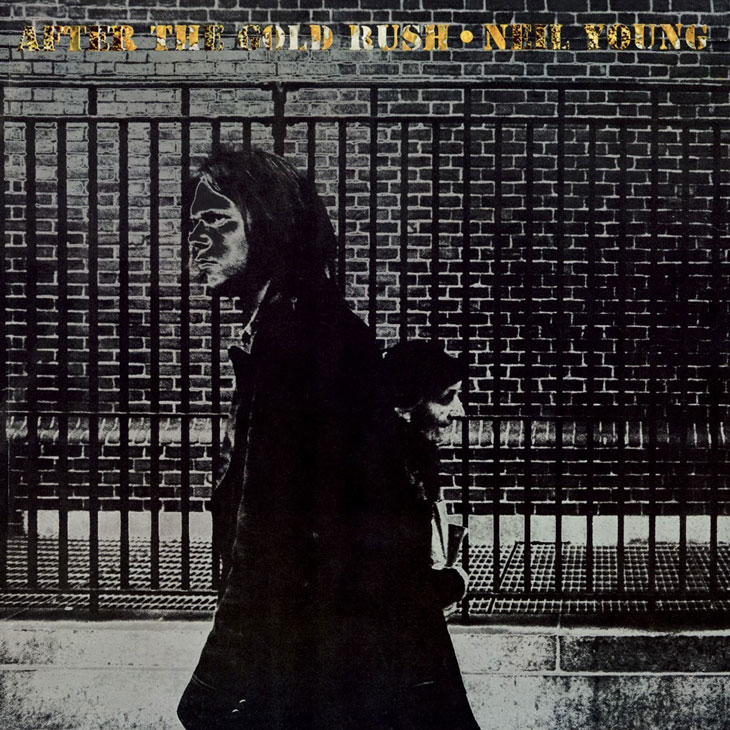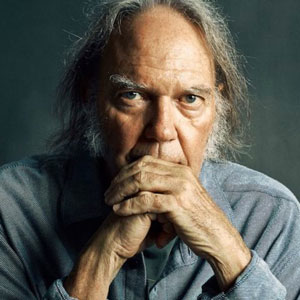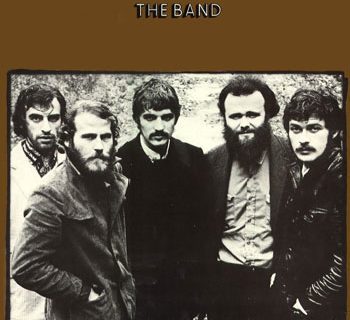Album #53: After the Gold Rush – Neil Young
“Tell me why, is it hard to make arrangements with yourself.”
I fucking hate Neil Young’s music, good lord.
I don’t hate Neil Young, but man his music infuriates me. There is no logic to it either. After the Gold Rush, released in 1970, was the first time I realized it. There are 16 albums on Acclaimed Music’s Top 3000 Albums of All Time that are his. Jesus.
Now look, I’m not saying he’s bad, and I get what’s so appealing about the album: the rebellious anti-croon that comes out half-croaked, speaking about the times, and the timeless; the chord changes that saunter and sway aggressively as he expresses his views on Lynyrd Skynyrd; and the awfulness of the south. He sounds like some perverted mix of Bob Dylan and Frank Sinatra, examining all the darkness between those two worlds with bald honesty.
There are the melodies, which are catchy and unsuspecting, as is the use of vocal harmony, instrumentation, and baldness of expression. The way his voice is so powerfully unaffected you can’t help but admire how ballsy it is. It’s all wood grain, with no varnish, shine, or luster. It’s all core.
No gold glitters on this record. It is the ore of rock n’ roll at its most basic and unaffected. That’s always admirable. It’s worthy of respect. But I still fucking hate it.
The way his voice is so powerfully unaffected you can’t help but admire how ballsy it is.
Hate is a hard word for me to use on anything. Hate is often a product of surface level exploration. I am sure that if I gave this record a real chance, it would open itself to me. After a series of repeated listens, I would start to get in the groove of Neil’s raw anger at the world as he sees it. I would come to appreciate it’s lusterless used up character. The critics certainly did.
The fact that this album was released to critical indifference and negativity, that ultimately warmed over the intervening years is a testament to my own lack of commitment at trying to enjoy this record. This record is a grower. You listen for the moments between the grandiose choruses. You listen for the guitar lines, or the chord changes; the compelling changes in harmony. It’s all about the in-between. It’s one that reveals its charms progressively. That’s likely why it’s so great.
But I’m not there yet, and Neil Young’s music irritates me, for now; so I have a while to decide whether my opinion will change on that.
Until the morning comes.













